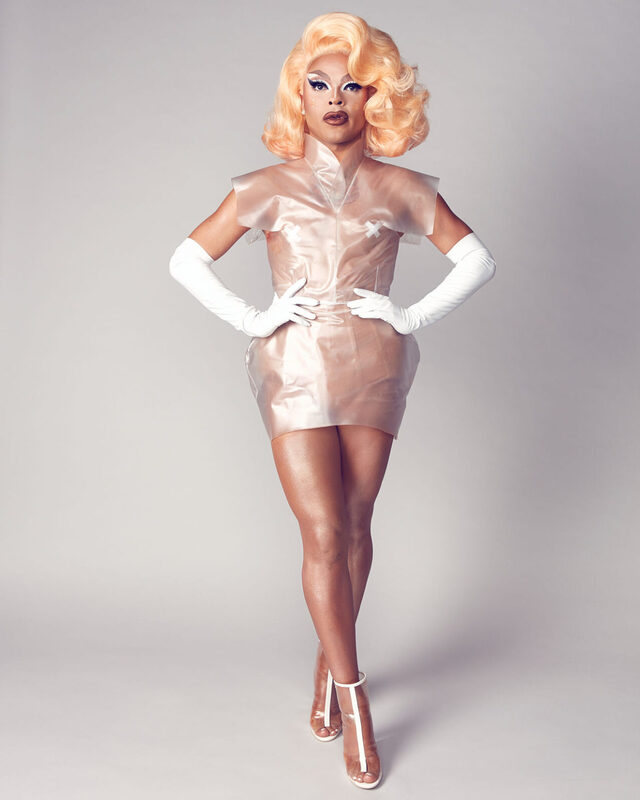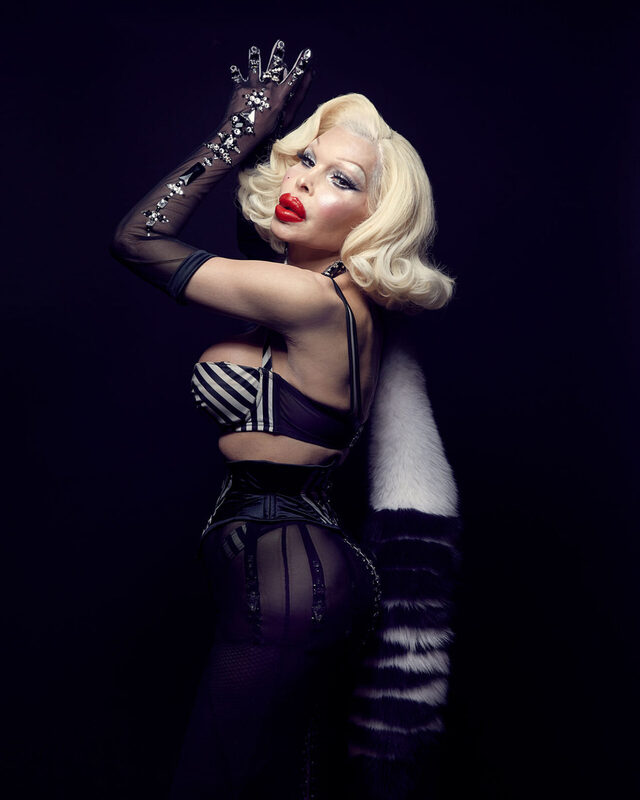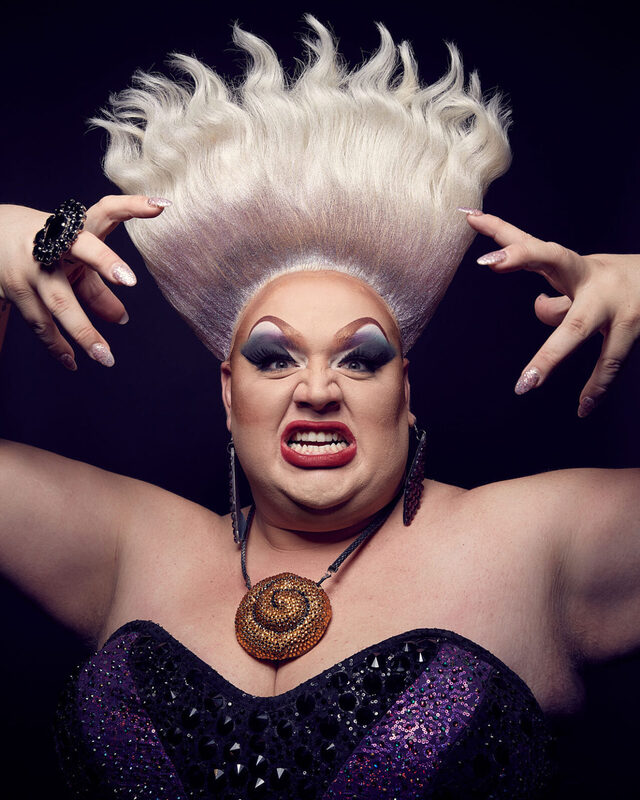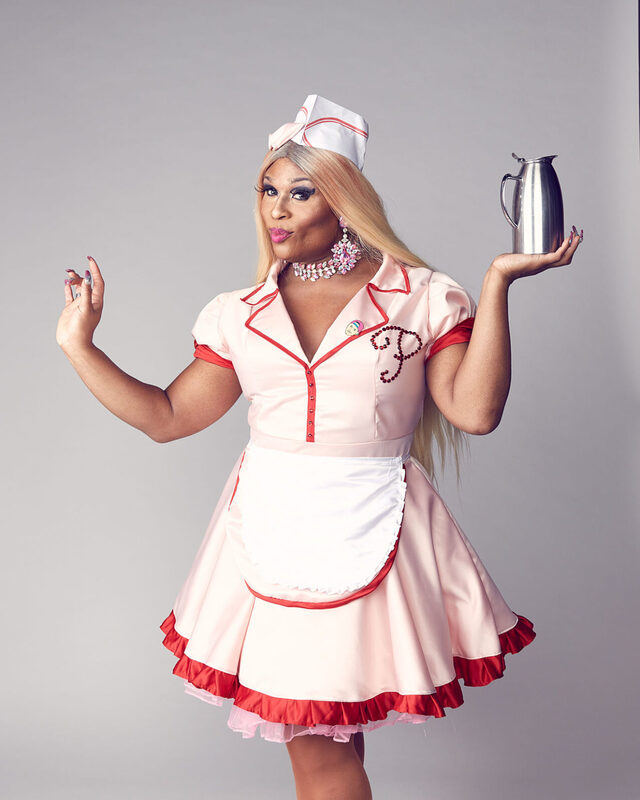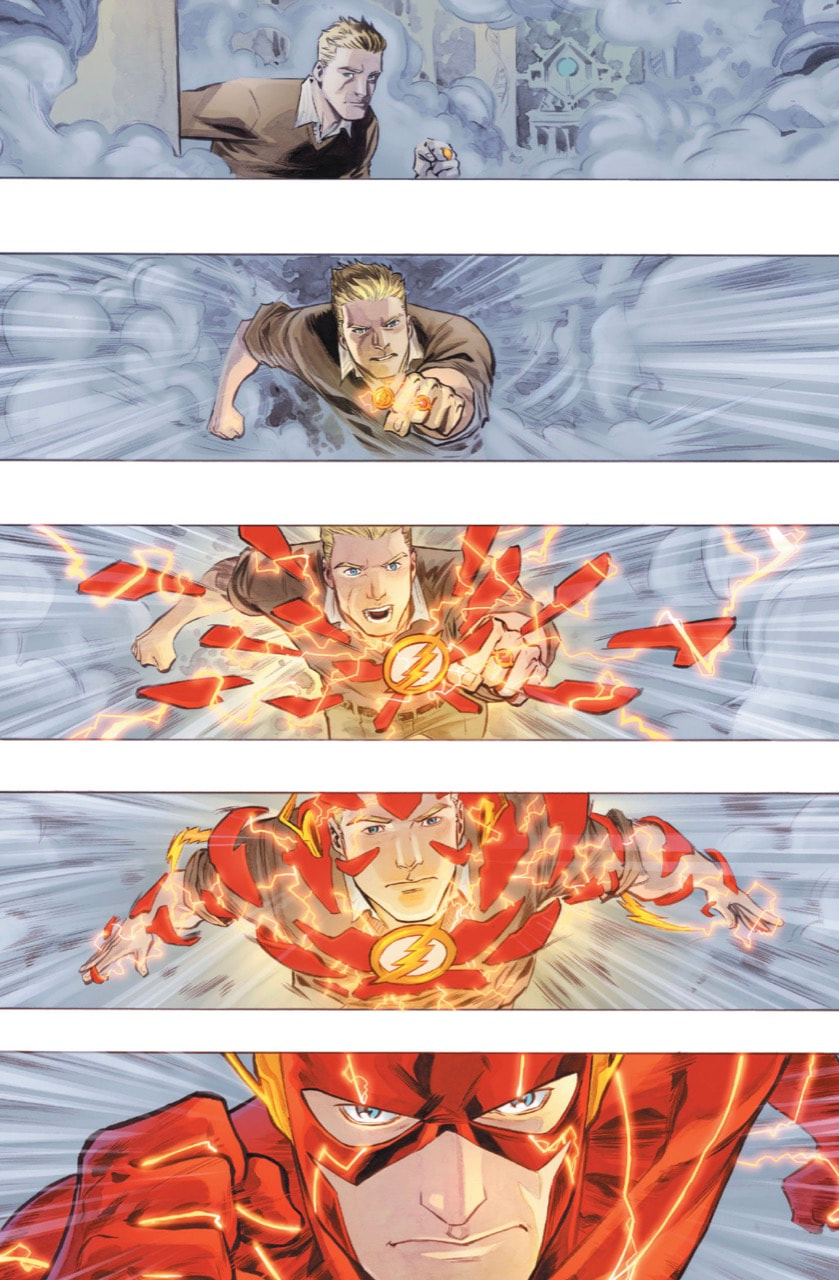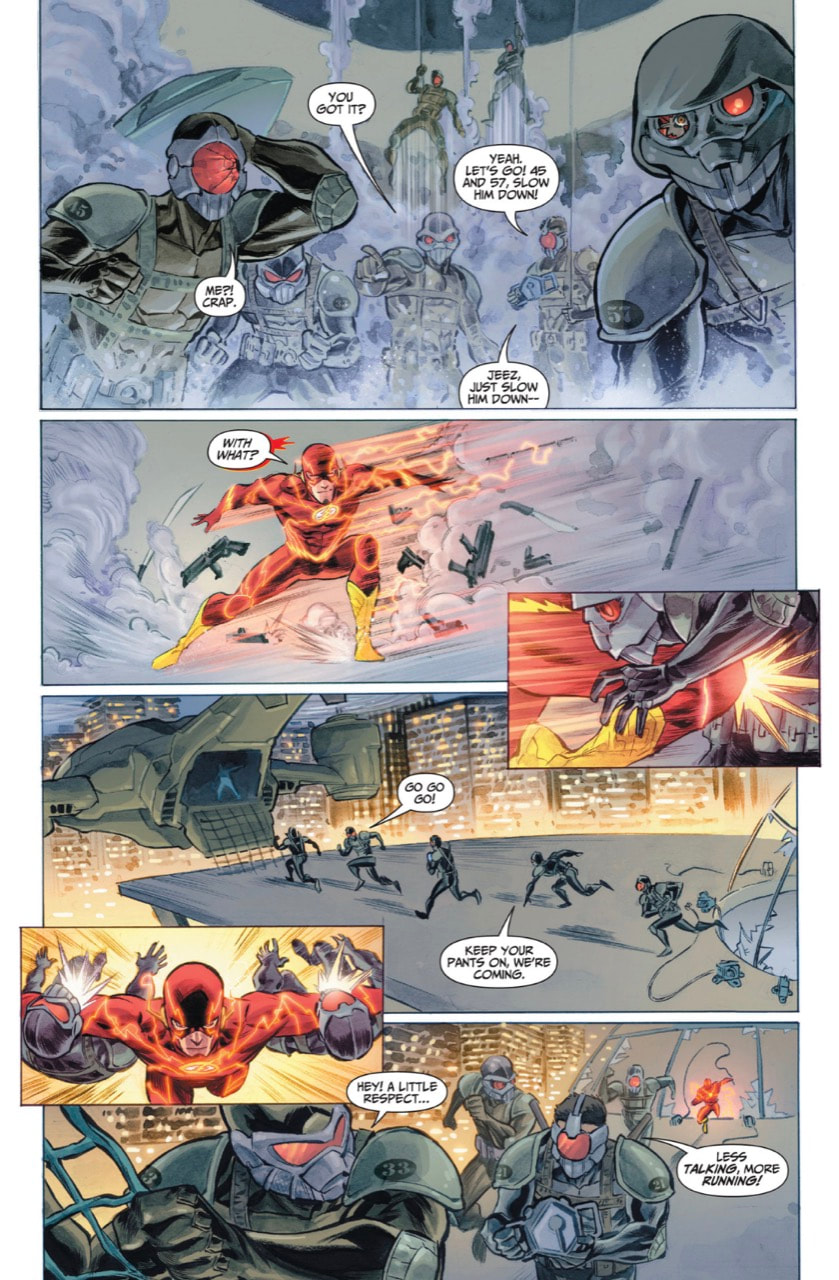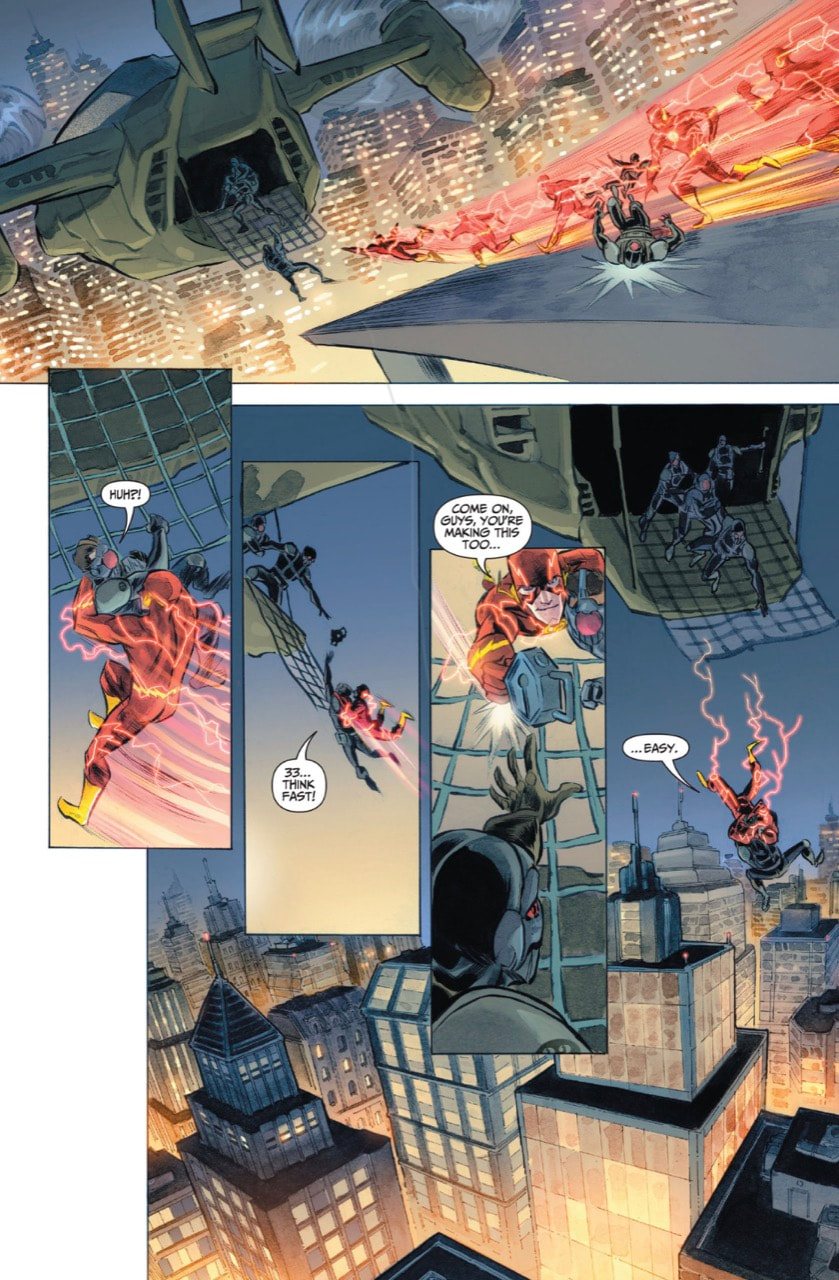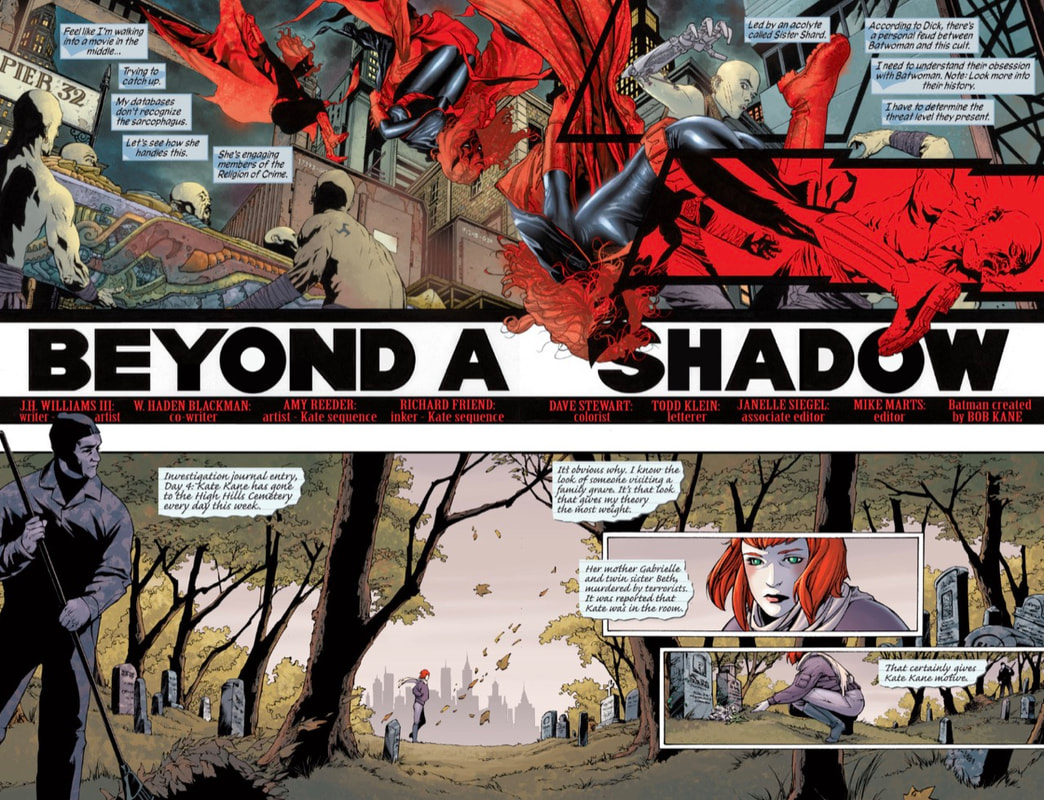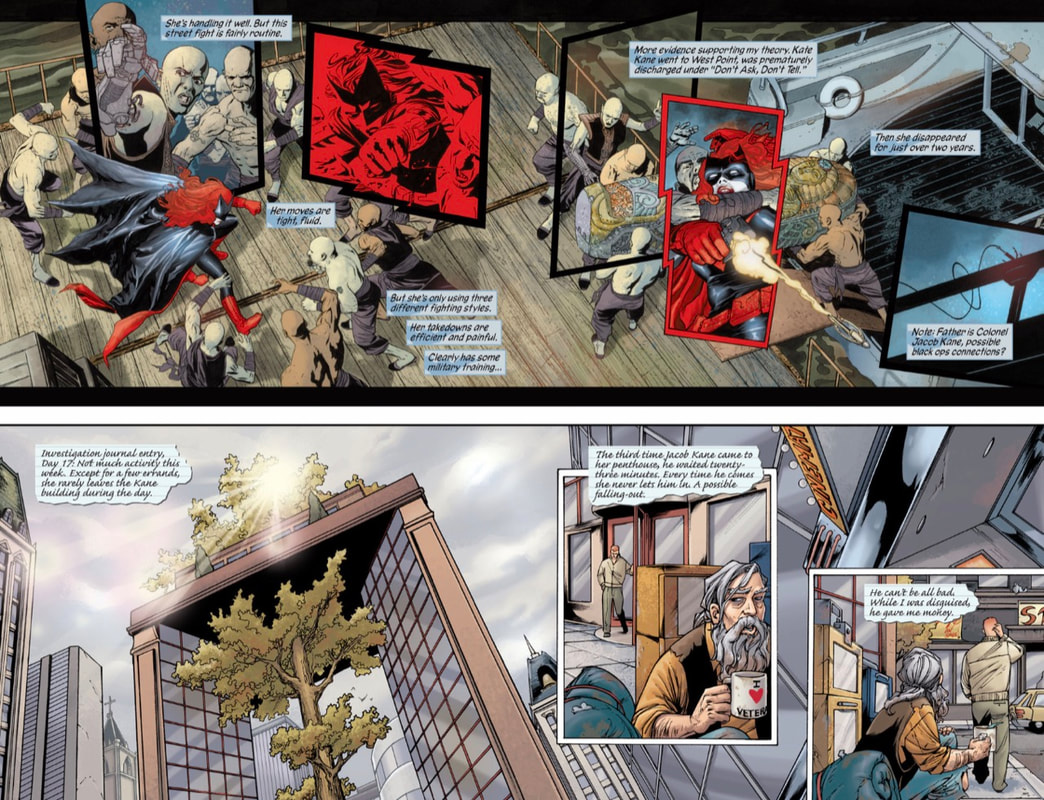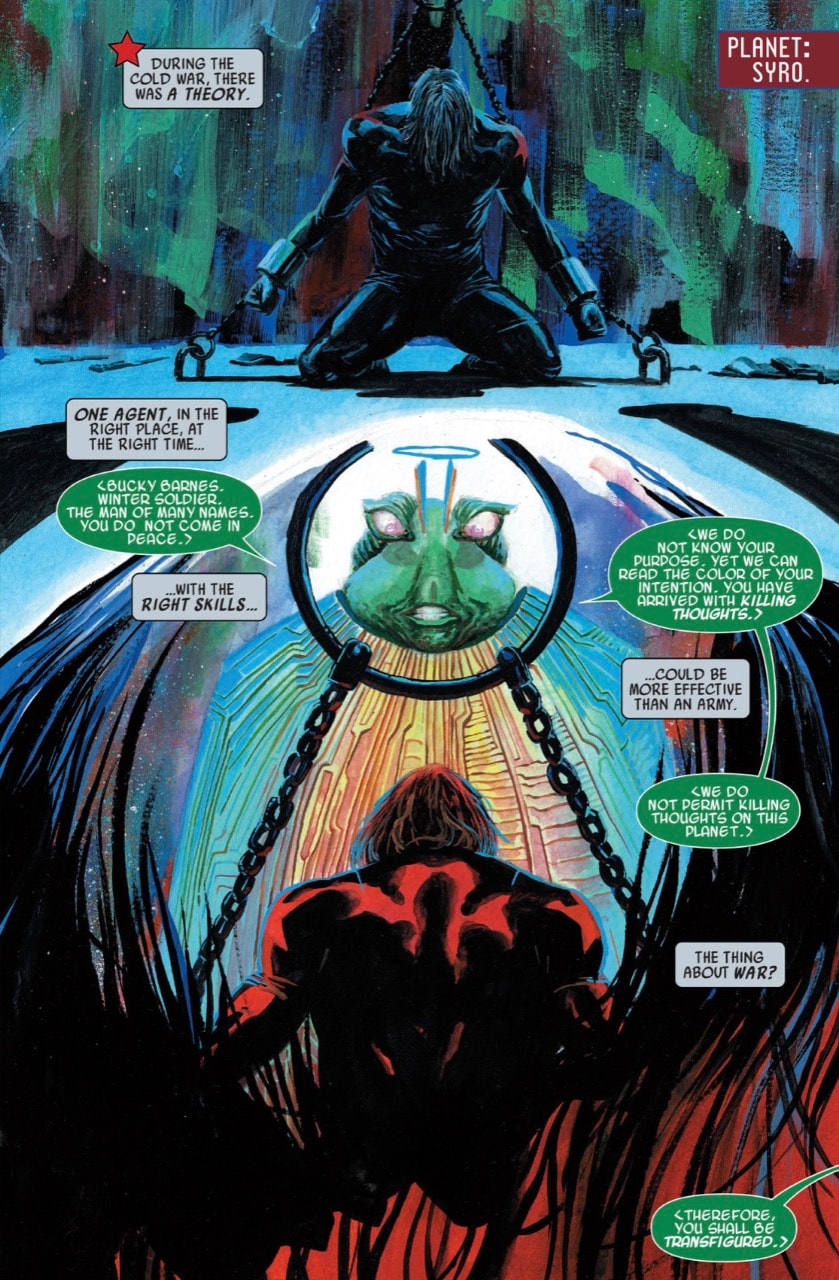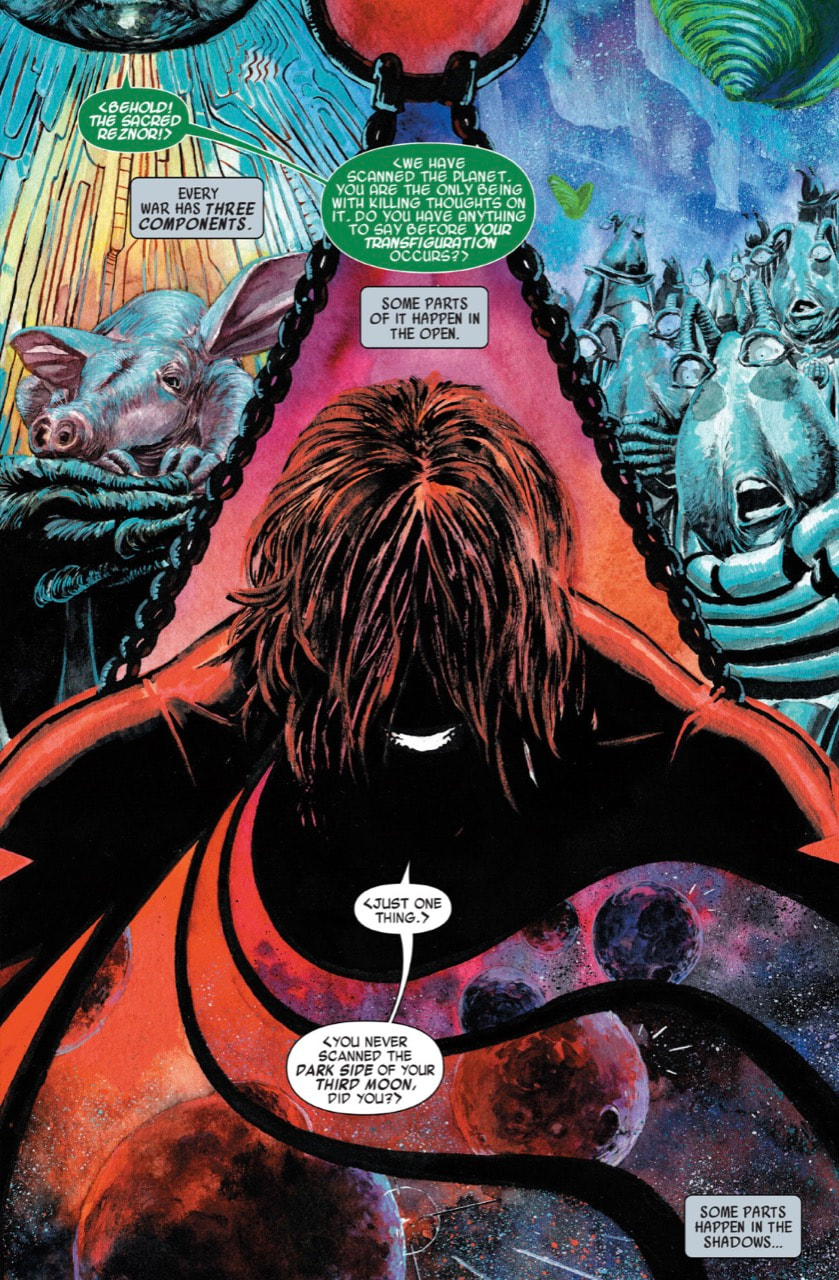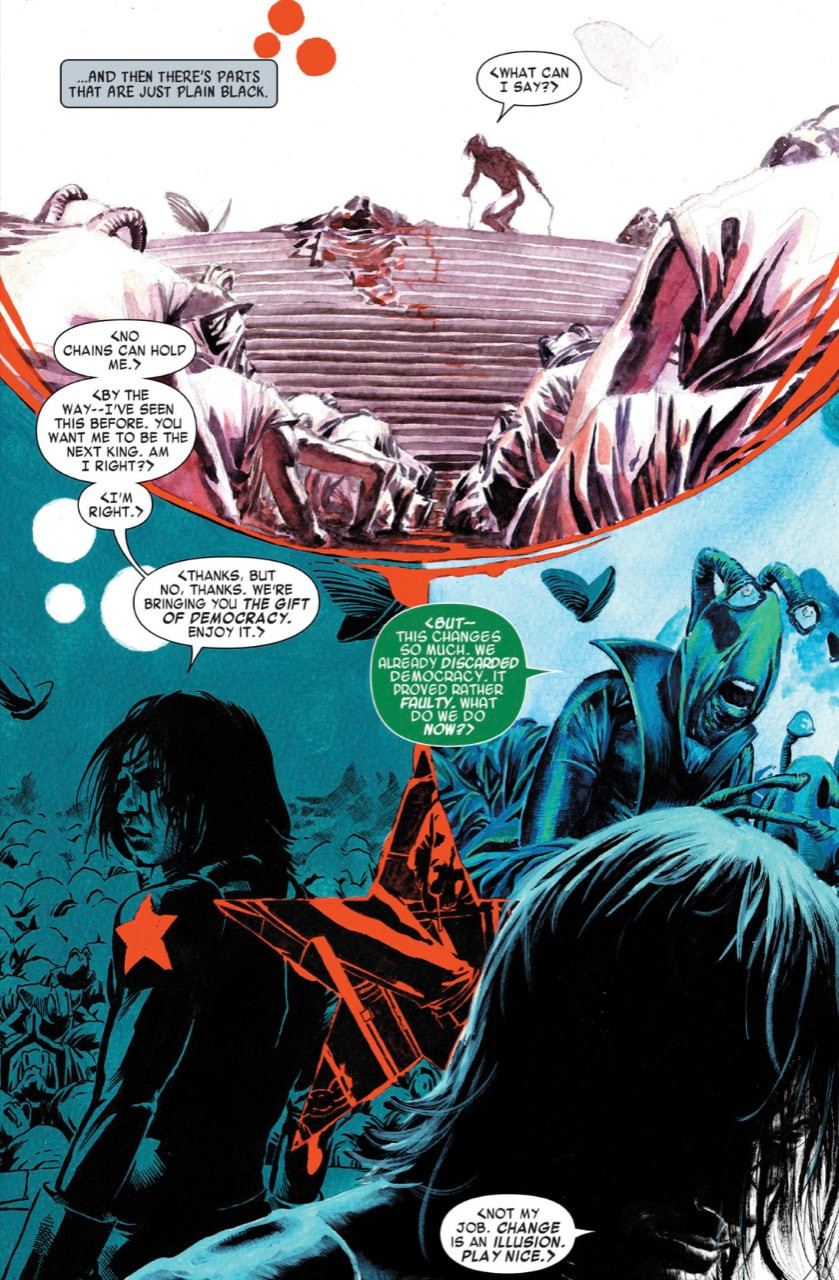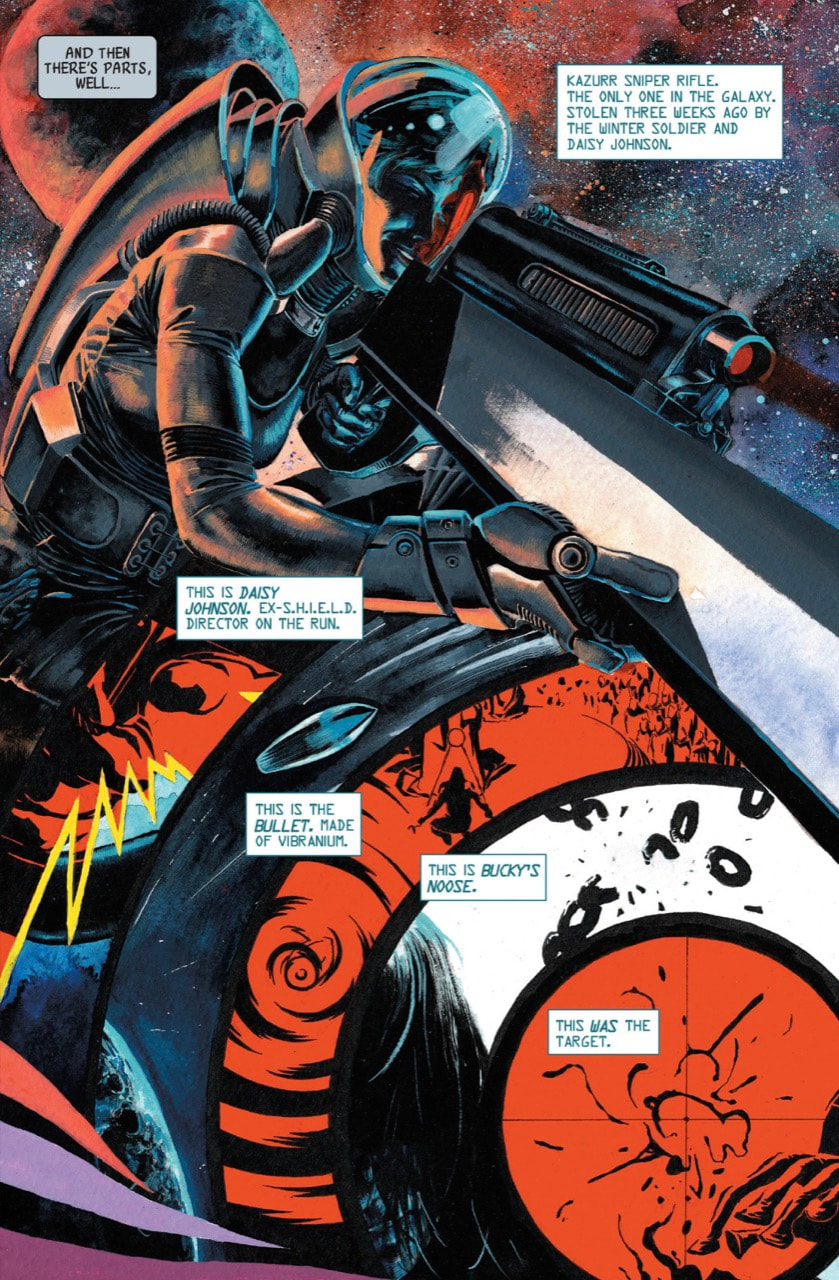|
A subculture is a group of people within a larger culture who share different beliefs, interests, or behaviors that set them apart. For example, punk music fans might form a subculture with its own fashion and values, distinct from mainstream society. According to sociologist Sarah Thornton, subcultures often provide a sense of identity and belonging for their members (Thornton, 1995).
Source: Thornton, S. (1995). Club Cultures: Music, Media, and Subcultural Capital. Cambridge: Polity Press.
Cultural Capital: Drag
RuPaul, Queen of Drag
Ru Paul's Drag Queen Race
Funny Girls, Burlesque cabaret bar, Blackpool
How drag queens shaped the biggest makeup trends, Elle (via YouTube)
Drag Queen Photoshoot
How Drag went Mainstream, The Guardian
0 Comments
Francis Manapul Francis Manapul's layouts are known for their smooth, dynamic flow, using non-standard panels to boost motion and storytelling. He blends art and narrative seamlessly, creating visually engaging pages that control pacing and impact. Examples from The Flash: Volume 1: Move Forward (2013) J.H. Williams III J.H. Williams III’s is known for his creative panel designs and bold layouts that really push the storytelling. He blends different styles to create visually striking pages that bring the mood and flow of the story to life. Examples from Batwoman Vol. 1: Hydrology (2011-2015) Marco Rudy Marco Rudy’s layouts are unique, detailed panels that mix surrealism with dream-like visuals. His style blends fluidity and complexity, making every page feel like a piece of art that enhances the story’s atmosphere. Examples from Bucky Barnes: The Winter Soldier Vol. 1: The Man On The Wall (2014-2015)
Your browser does not support viewing this document. Click here to download the document. From reading through the text, it's clear that Roland Barthes sees wrestling as a grand spectacle, similar to how theatrical performances are conducted, where every gesture is over the top and full of meaning. This is in contrast to boxing, where the story always revolves around fair competition. Wrestling on the other hand is a series of immediate, symbolic moments. The audience enjoys wrestling for its dramatic display of emotions, where every action is designed to be understood instantly, very much like how live performances work, clearly showing the battle between good and evil.
For me personally, I agree with Barthes analysis of wrestling. After watching an old wrestling match in the lecture, it was clear from the outset that it was staged, and their positions/movements made it easy to predict what would happen next. This is very much in stark contrast to boxing, where it's never clear what will happen next. Barthes is right to not class wrestling as a sport; The outcome of the match is too predictable, and the style is over-dramatised.
|
Site powered by Weebly. Managed by 34SP.com





